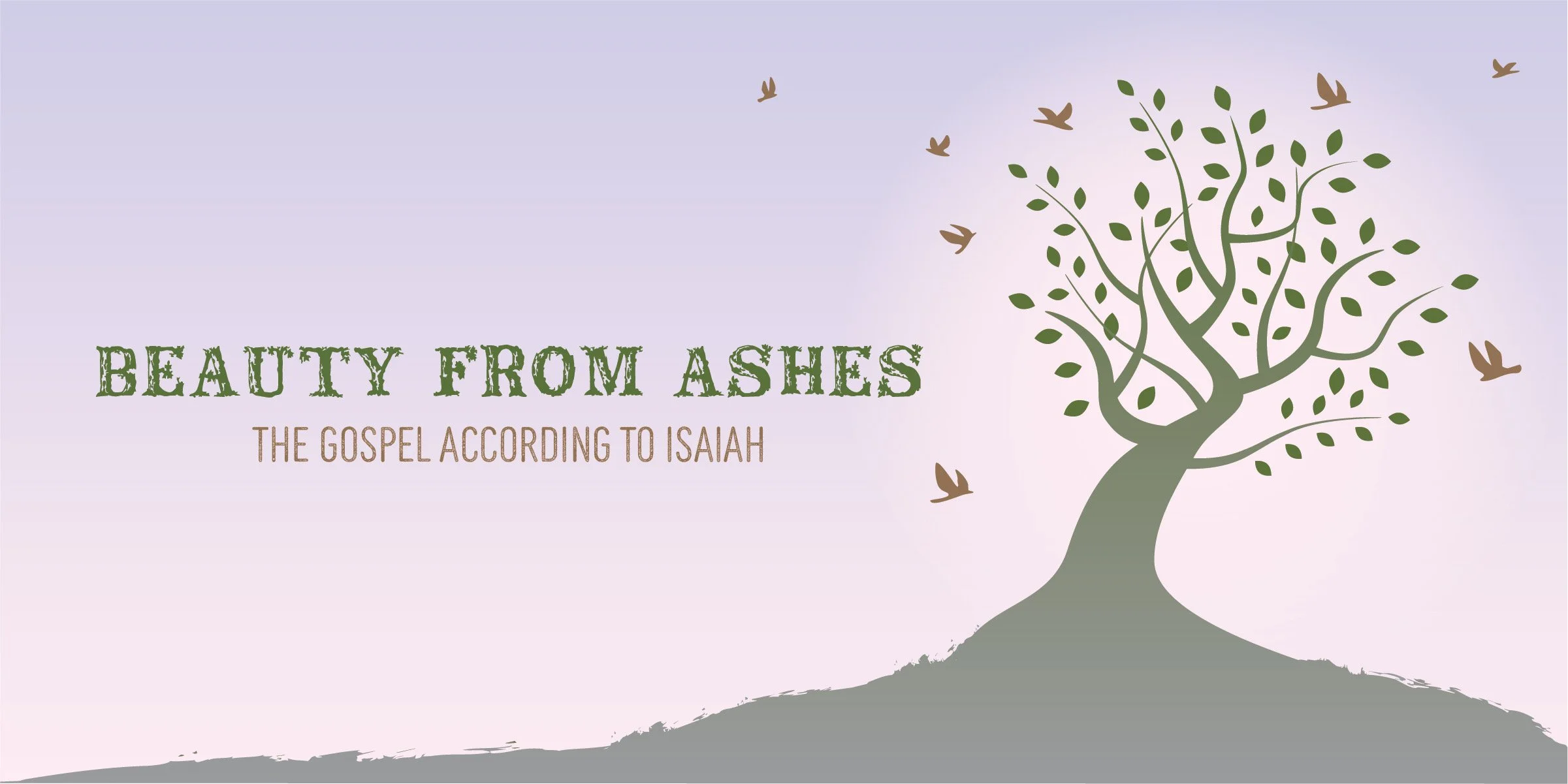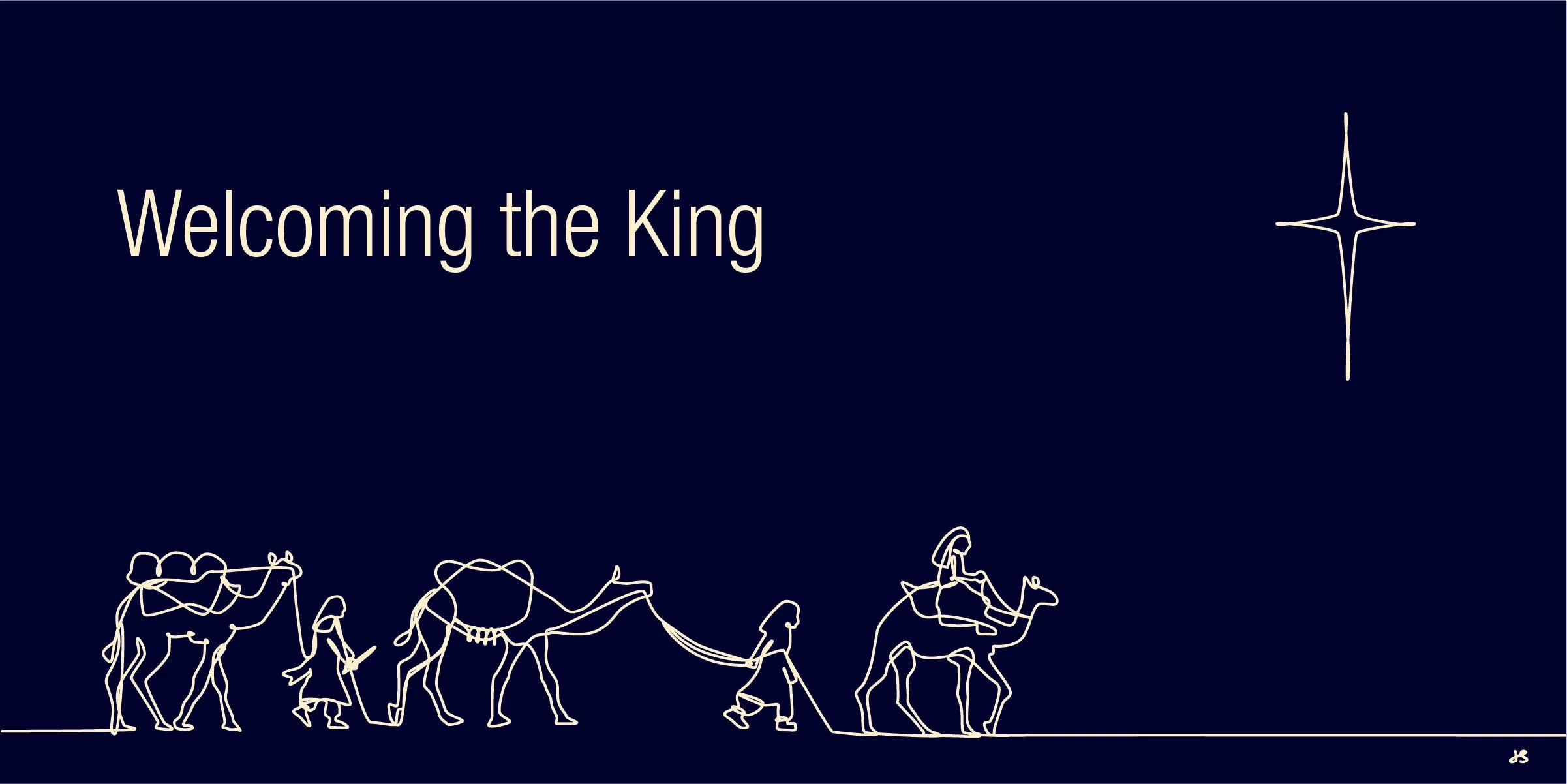Our world is in desperate need of peace, and this passage is just one of many examples. But it also shows us the counter-intuitive way that God brings the peace we so desperately need.
We long for things like love, meaning, justice, goodness, beauty, and truth, but we’re constantly being let down. That makes it really hard to keep hoping. This passage gives us what we need to keep longing and hoping.
One of our biggest assumptions - and biggest problems - is the idea that we human beings have the power to make this world the place it ought to be. Christmas calls that assumption into question and shows us where the real power is. But only if we understand what Christmas really is.
One of the biggest challenges at Christmas is to stand back far enough to see what the gospel really is. When we do, we find out that the gospel is far more shocking and challenging than we ever imagined. But also far more comforting and transformational. This passage shows us how.
Spiritual disciplines are practices within our power that put us in a place where we can be transformed by God. But the goal of it all is love. A transformed heart is a heart alive with the love of God. This passage shows us what that looks like and how it happens.
Evangelism is considered arrogant and intolerant in our culture. But in this passage, Jesus shows us that bearing witness to the good news about himself is the most important thing we could possibly talk about, and he shows us how to do it with grace and respect.
The question of purpose affects every human. What is your purpose? What were you made for? As we continue exploring Christian spiritual disciplines, the discipline of service has powerful implications for our quest for purpose.
Even in a postmodern world, we all see generosity as a common good. What does giving have to do with following Jesus? How does this passage challenge our tendency to measure giving? Let's dive deeper into this story to see a new framework for generosity.
All the spiritual disciplines are ways of entering more deeply into what Jesus called the Kingdom of God. Fasting is one of the least practiced, but most powerful. This passage shows us why.
We often struggle with desire because it reminds us of the pain of our unfulfilled desires. But worship - Christian worship - takes us through our pain to the heart of our deepest desires for God. How?
Faith, hope, and love---what the world needs now. But where can they be found? And faith in what or whom? This passage directs our faith to the One who can satisfy our hope and usher us into a community of love.
We long for love and acceptance. But we’re afraid that if our secrets were revealed, we would be rejected. So we hide. But in this parable, Jesus shows us how we can bring all of ourselves into the open and experience healing and wholeness.
Solitude and silence force us to face the reality that we are not in control of reality. And the reality is that the world can be a disorienting and terrifying place. But what if solitude and silence help us encounter a greater reality that goes beyond the reality of this world?
In our workaholic culture, we desperately need rest, but it’s harder than ever to experience it. That’s why we need Sabbath. What is it, and how do we enter it? This passage shows us.
How can we follow Jesus with all that's going on these days? Prayer is as necessary as breath for the next step. Listen to this story as a parable of why we must pray.





















